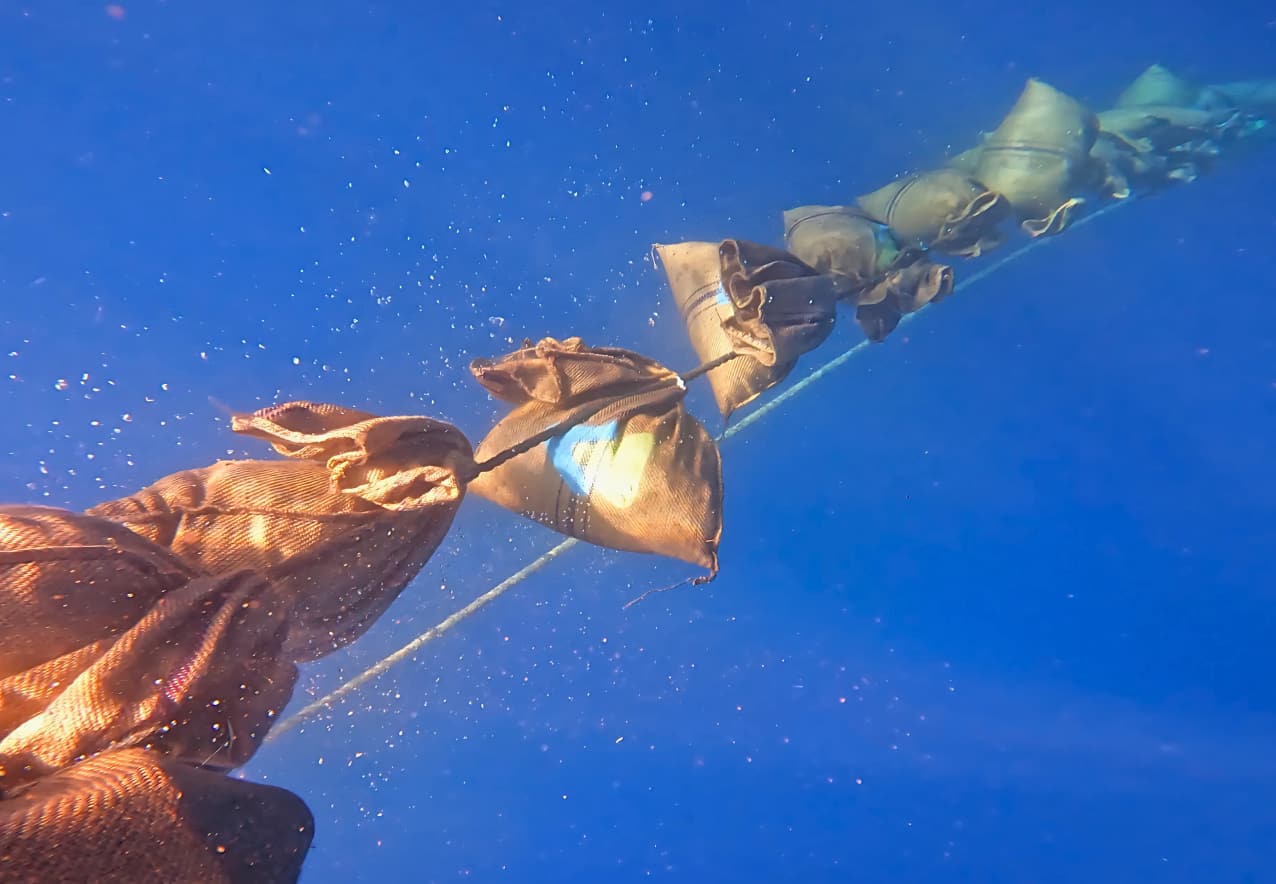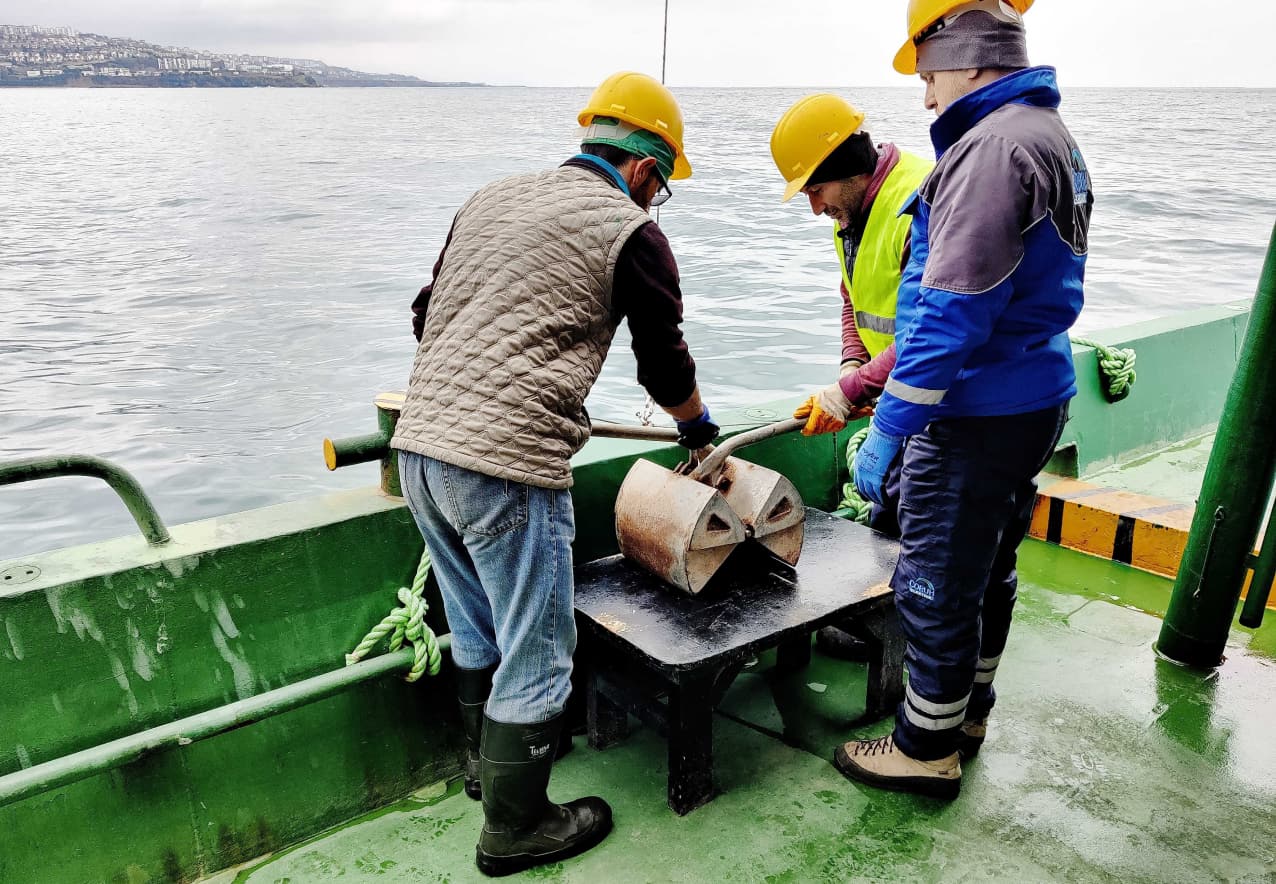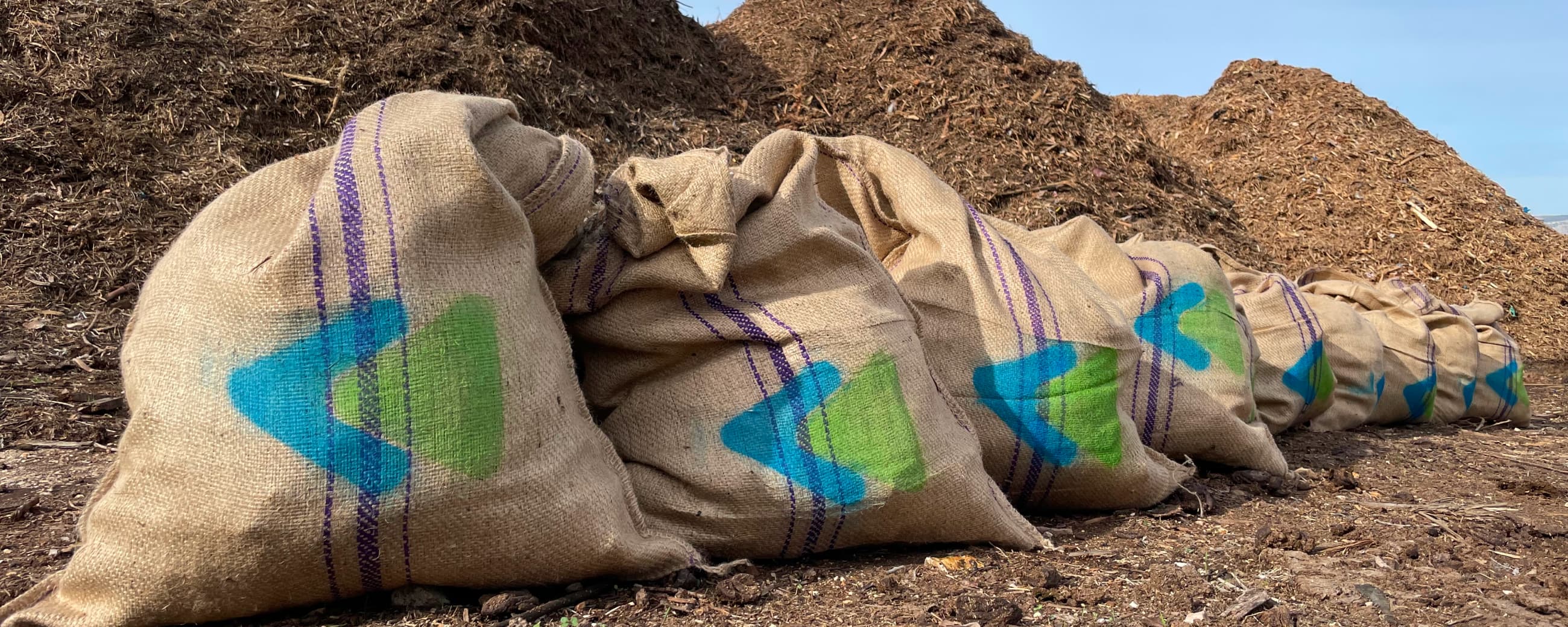Project Euxinus
Project Overview
Marine Anoxic Carbon Storage
Our pilot project in the Black Sea, the largest anoxic marine basin in the world, uses its natural conditions to preserve biomass on the seafloor, a method known as Marine Anoxic Carbon Storage (MACS). Sites like these have already stored organic matter—even shipwrecks—for thousands of years without decay. Today, they can be used to lock in gigatons of carbon, keeping it permanently stored in a way that is environmentally safe.
Co-benefits of MACS
- Advances Black Sea science: Generates new data and insights on this unique marine environment, helping scientists study its ecosystems, chemistry, and long-term changes
- Builds local expertise for the blue economy: Trains local teams and supports jobs in marine tech, monitoring, and environmental services
- Improves ocean monitoring: Delivers open, high-quality ocean data that supports conservation, fisheries, and early warning for ecosystem changes











.svg)